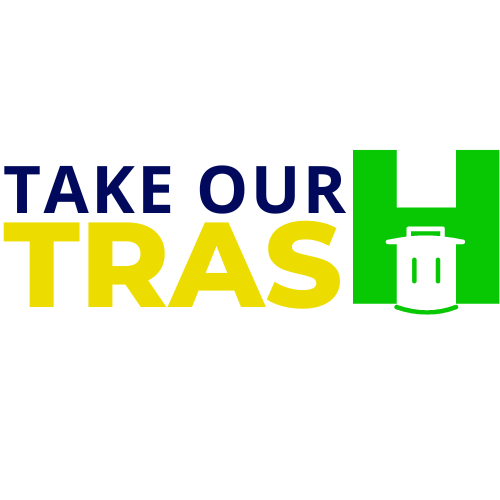In today’s eco-conscious society, effective waste management is essential not only for our environment but also for maintaining a clean and organized household. Poor waste management can lead to various issues, including unpleasant odors, pest infestations, and overflowing trash cans. Fortunately, there are several strategies you can implement to improve waste management practices at home. This blog post will explore effective solutions to tackle poor waste management and ensure your household runs smoothly.
1. Assess Your Current Waste Management System
The first step in fixing poor waste management is to evaluate your existing system. Take some time to observe how waste is currently handled in your household:
- Review Trash Collection: Determine how often your trash service collects waste. If it’s infrequent, it might be time to discuss more regular pickups with your service provider.
- Check for Contamination: Look for common recyclable items in your trash bin. Contaminated recycling can lead to increased landfill waste.
- Identify Problem Areas: Take note of areas in your home where waste accumulates quickly, such as the kitchen or bathroom.
2. Educate Your Household on Waste Management Practices
Education is key to improving waste management. Ensure that everyone in your household understands the importance of responsible waste disposal:
- Recycle Right: Teach family members about what can and cannot be recycled. Providing clear guidelines can reduce contamination and improve recycling rates.
- Composting: Introduce composting as a method for managing organic waste. Educate your family on how to compost kitchen scraps and yard waste, which can significantly reduce the amount of trash you generate.
3. Create a Waste Management Plan
Developing a waste management plan can streamline the process and make it easier for everyone to follow:
- Designate Recycling and Composting Stations: Set up clearly labeled bins for recycling, composting, and trash in convenient locations around your home.
- Set a Schedule: Create a schedule for waste disposal, including trash pickup days and regular composting intervals. This will help everyone in the household stay accountable.
4. Invest in Quality Trash Services
Sometimes, poor waste management is a result of inadequate trash services. Consider the following:
- Research Local Services: Explore local waste management options and find a service that aligns with your needs. Look for companies that offer reliable pickups and recycling programs.
- Request Bulk Collection: If your household generates a lot of waste, consider arranging for bulk trash collection days to dispose of large items properly.
5. Reduce Waste Generation
One of the most effective ways to manage waste is to reduce the amount you create in the first place:
- Practice Mindful Consumption: Encourage your household to think critically about purchases. Avoid single-use products and opt for items with minimal packaging.
- Plan Meals: Meal planning can help reduce food waste. By purchasing only what you need and using leftovers creatively, you can significantly cut down on waste generated in the kitchen.
6. Monitor Progress and Adjust as Needed
Implementing changes is just the beginning. It’s essential to monitor the effectiveness of your waste management practices:
- Track Waste Volume: Keep track of how much waste your household produces over time. This can help identify trends and areas for improvement.
- Solicit Feedback: Encourage family members to provide feedback on the waste management system. Adjust your practices based on their experiences and suggestions.
7. Involve the Community
Good waste management practices extend beyond your household. Get involved in community initiatives that promote sustainable waste disposal:
- Join Local Cleanup Efforts: Participate in community cleanup events to foster a sense of responsibility and encourage others to improve their waste management practices.
- Advocate for Better Services: Collaborate with neighbors to advocate for improved waste services in your area, such as more frequent pickups or expanded recycling programs.
Conclusion
Improving waste management in your household is essential for creating a clean, organized, and environmentally friendly home. By assessing your current practices, educating your family, developing a solid waste management plan, and investing in quality trash services, you can effectively tackle the issue of poor waste management. Remember that small changes can lead to significant improvements, making it easier for everyone to contribute to a cleaner, more sustainable environment.
Start implementing these strategies today, and watch your household waste management transform for the better!

